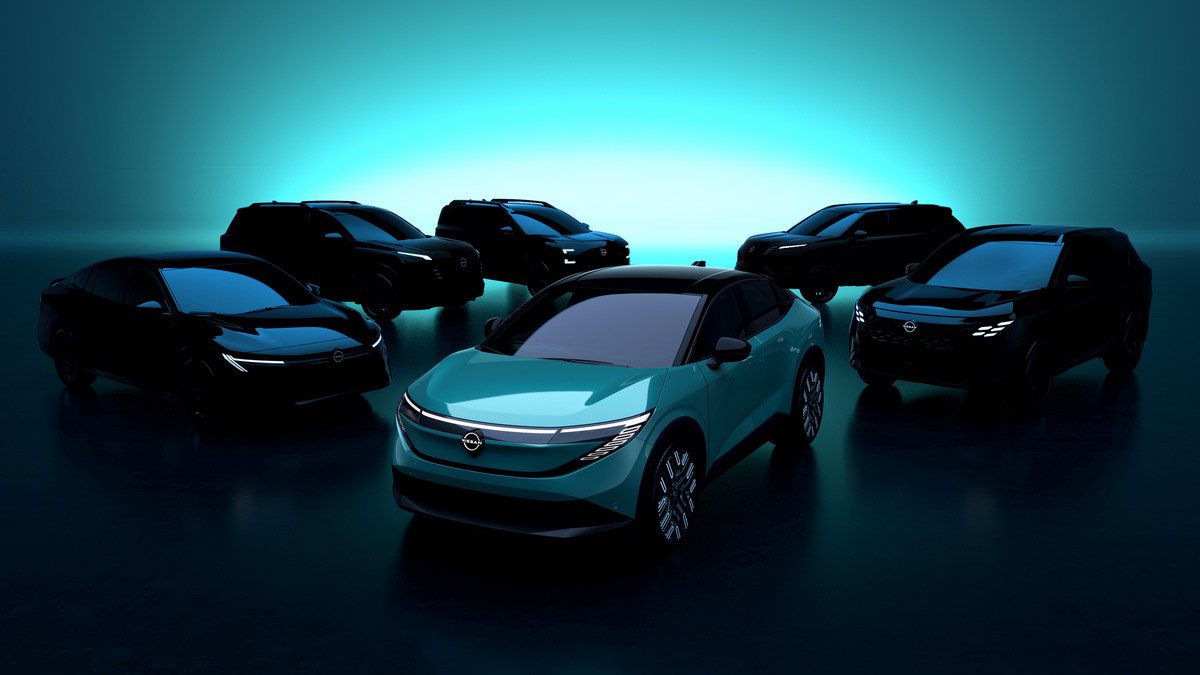
Nissan cancels plans for two US-made EV sedans
- 6 hours ago
- thedriven.io
- Keywords: AI, Startup
Nissan has canceled plans to produce two US-made electric sedans and is reevaluating two battery-electric crossovers due to declining profits, leadership changes, and challenges adapting to electric vehicles. The company's struggles include a failed merger attempt with Honda and lower-than-expected sales projections for 2024. Despite these setbacks, Nissan plans to introduce a crossover model in 2028, albeit delayed by a year.